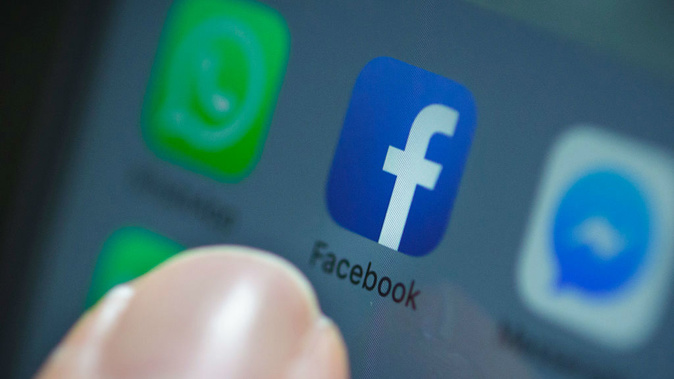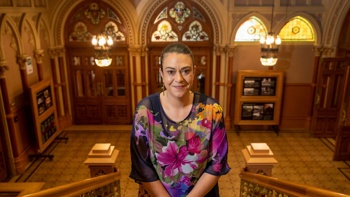
It has all the hallmarks of big brother is watching. Some would say it's the dark ops of political parties these days, others of the cyber generation would say it's fair game.
It's a getting to know you exercise without you knowing. It's gleaning information extracted from your online postings or from other, more innocent means, like from doing your daily shopping using the plastic.
The Americans have got it down to a fine art even if the public think it's a blank canvass, when in reality it's more like a splotchy Pollock.
A few years before Obama's last successful campaign there were a group of well heeled Californian women in their 40s identified as the single most likely demographic group, willing and able to hand over cash for a chance to dine with The President and George Clooney. The boffins stored the data collected and eventually put their insight to use, identifying another celebrity, willing to open her home and the Dinner with Barak contest was born.
The punters weren't to know that the idea for the contest had come from a data-mining discovery about some supporters: their affection for contests, small dinners and celebrity.
Apply that theory to the upcoming election in this country, and even though a dinner with Bill English or Andrew Little's unlikely to have them rushing to the dining room, the principle could be applied when it comes to advertising.
Data mining is now very much part of the lexicon in this country where a solo mother with, say two children, can be directly targeted for her vote through data collated without her knowledge.
And political parties here are turning more to social media to get their messages across and who can blame them with an abysmal turnout of young voters, the most common cyberspace users, and with 60 percent of Kiwis visiting Facebook every day.
The rules for election advertising have changed this election with none of the boring opening statements from parties on radio and television and with more of the advertising dollar likely to be spent on social media, at the direction of the parties' teams devoted to the cyber highway.
If you look at who's the most successful on Facebook John Key remains well out in front with more than 246 thousand followers. The current political incumbents by comparison are also rans with their popularity reflecting their preferred Prime Minister opinion poll ratings.
Bill English comes in with 99 thousand, Winston Peters on 81 thousand, Jacinda Ardern at 58 thousand with the hapless Andrew Little coming up the rear on 34 thousand, a thousand behind Gareth Morgan!
Take your Radio, Podcasts and Music with you









